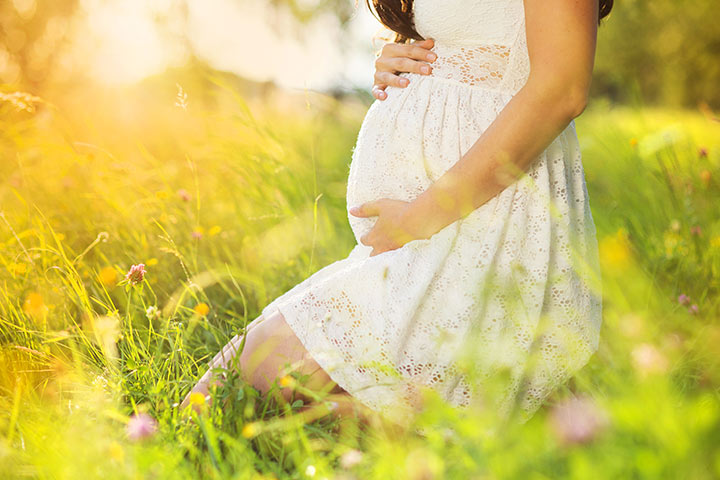
Image: Shutterstock
Has your doctor just announced to you the ‘wonderful’ news? Have you already started worrying about your little one’s health? Do you wonder about how much your activities can influence your unborn baby’s well-being? With the growing awareness about obesity and its ill effects, many researchers are also trying to figure out whether an expecting mom can have an influence on all of this too. Recently, a study was conducted to find out the impact of vitamin D deficiency in soon-to-be moms on childhood obesity (1).
The study was led by the University of Southern California in collaboration with the Keck School of Medicine. This study was published in the Pediatric Obesity journal and it concluded that a vitamin D deficiency during pregnancy can cause the unborn babies to grow into overweight kids and adults.
After observing the six-year-old kids born to mothers who had vitamin D deficiency during the first trimester, the researchers said that they had relatively bigger waists. This was in comparison to the kids born to moms with enough vitamin D during the course of pregnancy. With comparatively two percent higher body fat content, the former kids’ waists were about half an inch chubbier at an average.
According to Vaia Lida Chatzi, who is one of the senior authors of the research, this increase may not seem like a lot, but it is not adults with 30 percent body fat that they are talking about here. About half an inch increase in the circumference of the waist is a lot, especially if it is projected across the lifespan.
The conducted research observed the data collected from 532 mom-child duos from Greece. The vitamin D deficiency of the moms was examined during their first prenatal visit. And, the health and the weight of the kids were observed twice – the first time at the age of four and then at the age of six.
Many are already talking about the impact that vitamin D deficiency can have on one’s risk of suffering from cancer, heart attack, or diabetes. In fact, a kid’s vitamin D or the sunshine vitamin status might also be mostly dependent on the mother. This means that infants whose mothers have its deficiency are more likely to not have enough of these sunshine vitamins too.
Chatzi further states how 95 percent of the produced vitamin D comes from the sunlight. And, the remaining five percent comes from fatty fish, eggs, and fortified foods like cheese, milk, and yogurt. While she is not sure why vitamin D deficiency exists in places that see an abundance of sunshine, she suspects it may be because of one spending a lot of time indoors. She also guesses that it might be due to an excessive use of sunscreen, which is inhibiting one’s production of vitamin D.
The vitamin D deficiency in expecting moms has become a much larger issue in the last two decades. And, as per the study, 66 percent of the expecting moms had this deficiency during the first trimester, which is the critical phase for the development of organs in babies.
Chatzi also offers possible explanations for why vitamin D deficiency in expecting moms affect the future child’s weight gain issues. She says that it might be because the vitamin D-deficient moms have a comparatively greater body mass index as well as body fat content. This is due to the ability of vitamin D to disrupt the fat cell formation.
Perhaps, that is why having an optimal level of vitamin D helps protect the kid from obesity. But, Chatzi further says how more research is required to conclude the reasoning for the same. However, she states how a vitamin D supplement during initial phases of pregnancy can help protect all the future generations.
Our advice is to not get worried. Just go out and enjoy the sunshine a little more. And, also, you can consult your doctor to get a prescription for vitamin D supplements that will work for you. After all, no one knows it better than a medical professional. All the very best!














